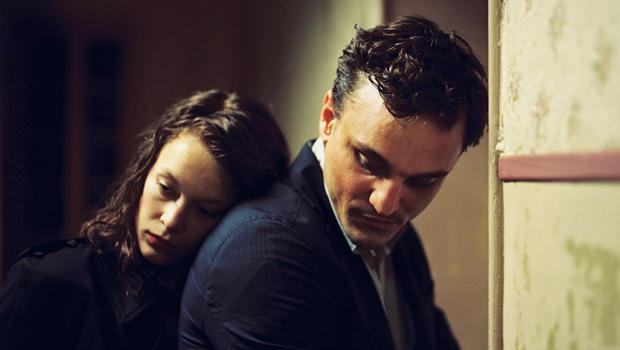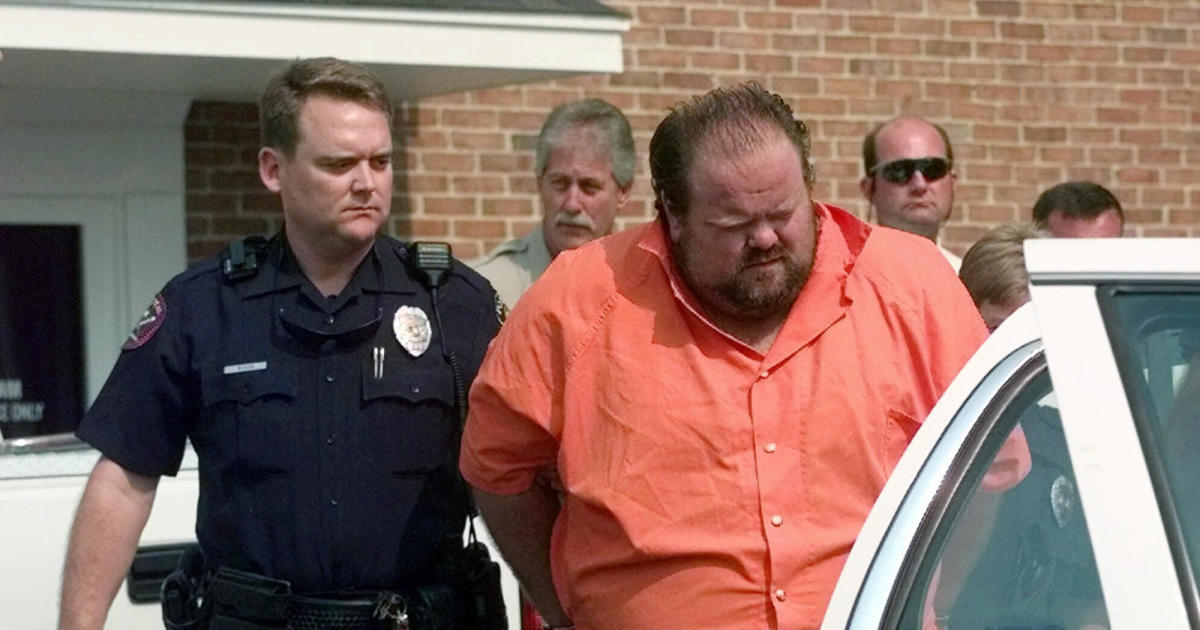Review: "Transit," a time-altering tale of refugees in wartime
For some reason, the directors of live performances of classic plays or operas are allowed the freedom to stage their works outside of their stated time period – we don't blanch when a Shakespeare play features modern dress, or a Verdi opera is set in 1960s Las Vegas – yet film directors are usually not afforded that same prerogative. Audiences expect a period film to come complete with impeccable set decor and costumes that reflect the period, and no small effort is put into making sure that TV aerials aren't visible when Valjean sings at the barricades.
But is that strict adherence to historical accuracy really necessary? Not if director Christian Petzold's stimulating new German film, "Transit" (opening in theatres Friday), is any indication. Based on a 1944 novel by Anna Seghers, the story is a classic World War II tale in the vein of "Casablanca," but filmed in contemporary Marseille with no concessions to period designs, creating a world in which displaced persons seeking escape from a repressive regime looks all too familiar in the 21st century.
In the early 1940s Marseille, then a part of France's "free zone," was a debarkation point for refugees fleeing the war, making it a bastion of hope and despair, a place where desperate people hung on by their fingernails waiting for an exit visa and passage to Spain or points further west. It's a place where survival was a transactional enterprise, as money changed hands.
And in "Transit," it still is, though it is staged in a quasi-present, where fascistic police squads kitted out with modern weapons check people's papers with the burr of helicopters heard overhead. The familiarity of how these security forces look draws the same parallels in contrasting time periods that a stage director may get when "Julius Caesar" is set in Mussolini's Rome. And after all, dramatically there is very little difference between a bullet then and now.
The story concerns Georg (Franz Rogowski), a refugee and ostensibly a member of a resistance movement, who narrowly escapes detection when trying to deliver important letters to a writer on the run from authorities. When he discovers that the writer has died, he acts to take the man's identity in order to use his visa and passage to Mexico. But the mystery surrounding this dead writer is further compounded by the man's estranged wife, Marie (Paula Beer), who is frantically searching Marseille for her husband in order to secure her own escape. How much Georg reveals to Marie about the fate of her husband will likely determine whether he can extricate himself from the city under siege.
George also encounters a young migrant boy, Driss, and his mother, Melissa, who are similarly living in limbo. In his friendship with the boy, Georg weighs the responsibility he feels towards a vulnerable child and his own self-preservation, as news comes of advancing forces that are "cleansing" nearby towns.
There are few blaring anachronisms visible in the film, like smartphones or computers, as the technology of government bureaucracy is resolutely at the typewriter-and-ink stamp stage. But the contemporary settings, and the excellent, restrained performances, reinforce the characters' responses to dramatic challenges and moral tests as timeless.
Petzold had previously shot two terrific period films: "Phoenix," a Hitchcockian noir set in Berlin after the war about assumed identities; and "Barbara," about a young woman's determination to escape a repressive East Germany. The themes of both movies inform "Transit," especially the air of uncertainty and shame that hangs over those trying to flee, knowing they will be leaving people behind.
But as he expressed at a press conference last year (the movie had its U.S. premiere at the 2018 New York Film Festival), Petzold was no longer interested in doing a period film with the requisite costumes. Also, he rued "that thing with German actors when they are in a period picture, they're talking like they are on stage."
In other words, authenticity can breed artificiality.
Avoiding the trappings of World War II, "Transit" still feels authentic and human, even if the particular dramatic circumstances are far in the past. It only underscores how, when you look over your shoulder, one often finds the past is always present.
"Transit" (distributed by Music Box Films) opens in New York City Friday, and in Los Angeles and Bethesda, Md., on March 8, and expands to other cities throughout the month. In German and French with English subtitles. Not rated. 101 mins.
To view a trailer for "Transit" click on the video player below.




